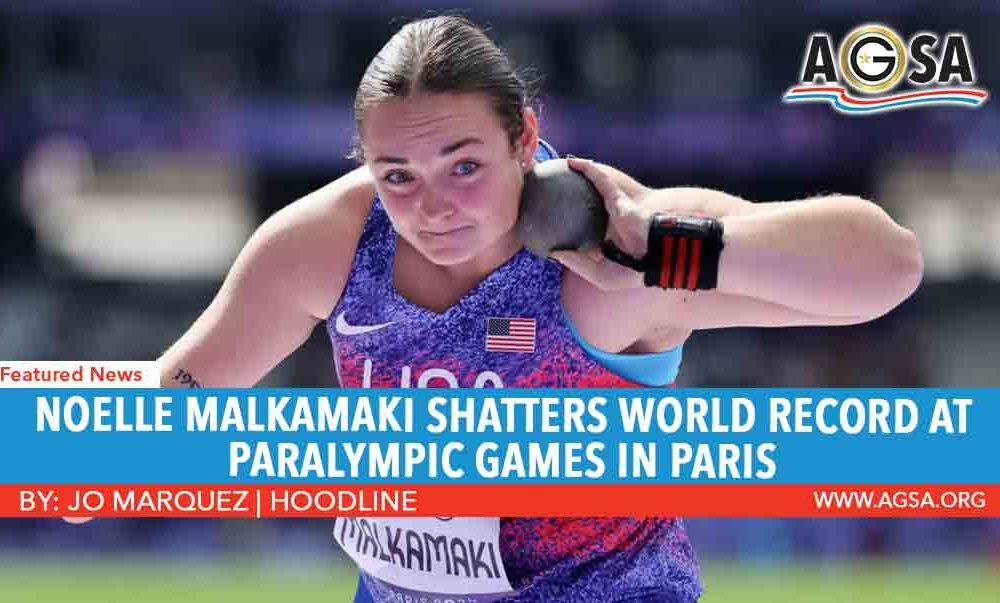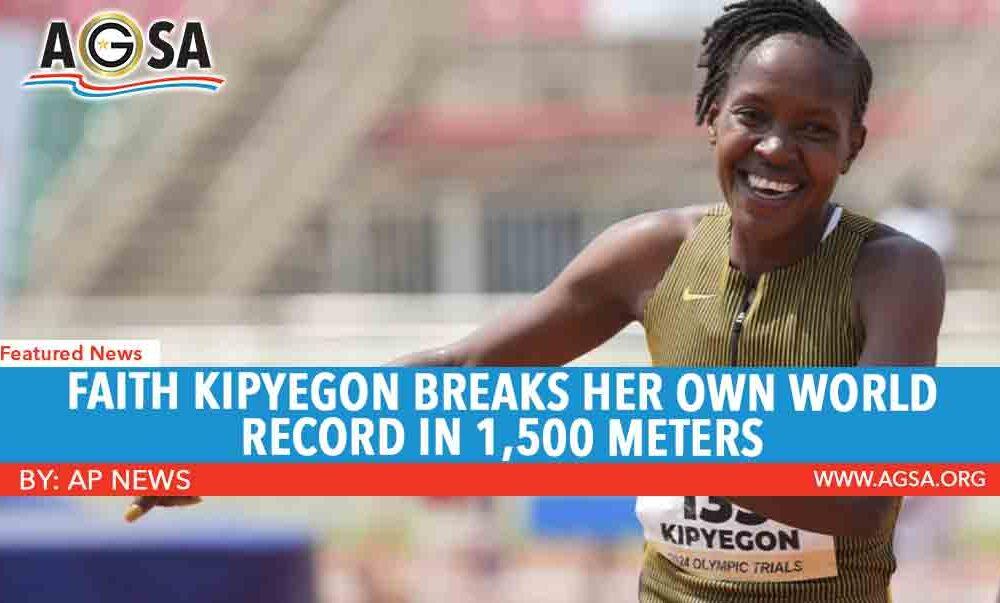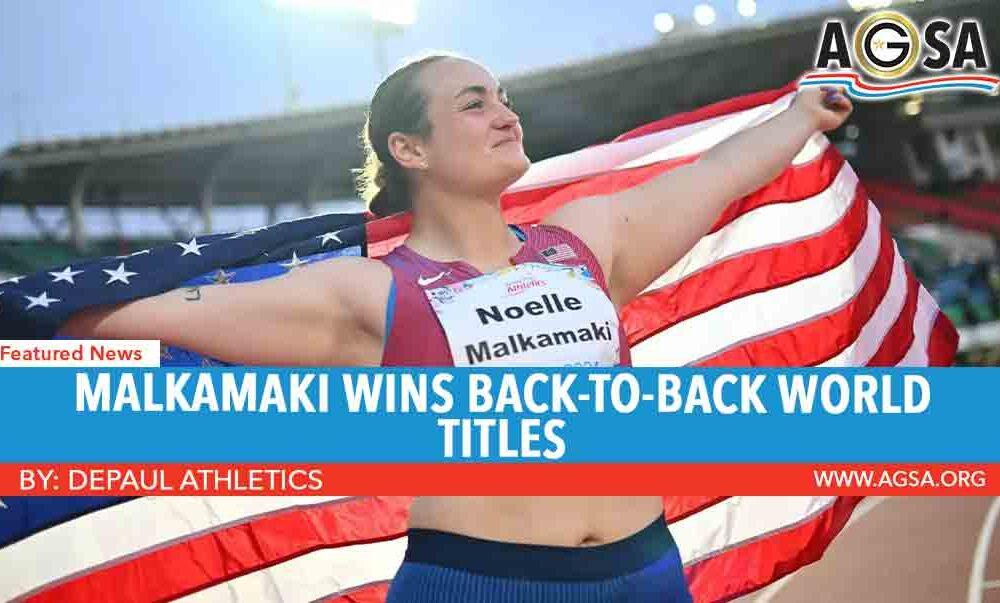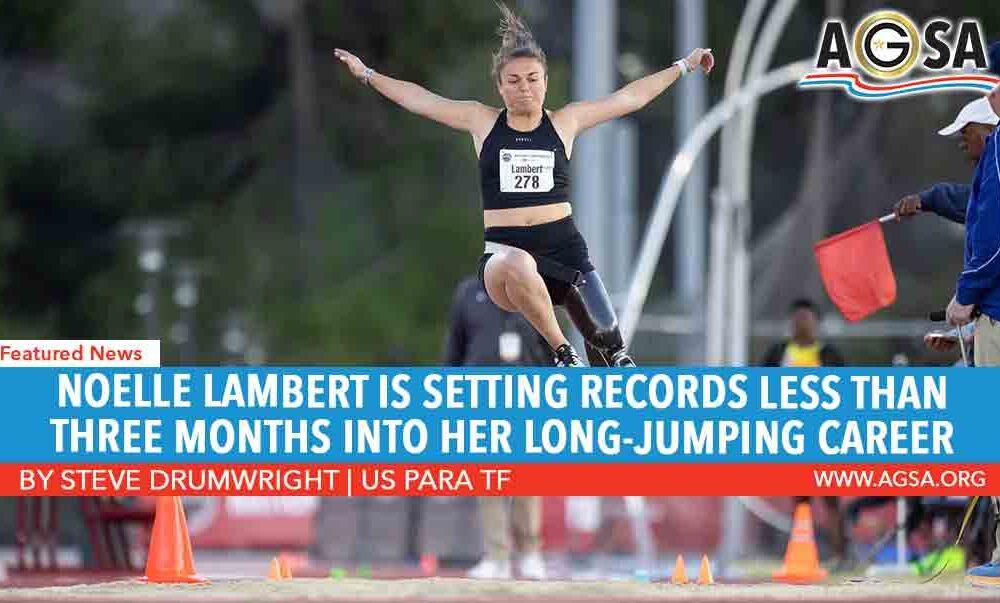By: Jo Marquez | Hoodline
It was a golden toss for DePaul graduate Noelle Malkamaki at the Paralympic Games in Paris. The shot put ace launched a 14.06-meter throw, setting a new world record in the Women’s F46 category, as reported by CBS News Chicago. This isn’t Malkamaki’s first spin around the victory track; she previously snagged top honors at the U.S. Paralympic trials earlier this summer, where she also set a then-world record.
Breaking barriers and records with the same throw, Malkamaki’s story extends beyond the field, paralleling her own journey with identity. A high school athlete from Decatur, Illinois, her confidence had to wrestle with doubt before setting foot on the larger Paralympic stage. As she told NCAA.org, “I’ve competed against able-bodied athletes my entire life; I didn’t come across adaptive sports until a couple years ago.” Malkamaki’s congenital condition left her uncertain if she was “disabled enough” to stand alongside other parasport athletes. It marks a telling insight into the intersecting complex layers of identity and competition.
The two-time Para Athletics world champion didn’t settle merely for accolades but used athletics as a means for self-actualization. Aided by therapy and a sports psychologist, Malkamaki came to terms with her dual athletic identity. “It doesn’t matter what anyone else is throwing at college or a para meet because if I’m just always trying to throw as far as possible, the challenge is the same either way,” NCAA.org captures her poised perspective.
Malkamaki’s throw also places her firmly within a tradition of excellence nurtured by DePaul. The support extending from her alma mater played its part in honing her craft, which is evident in the educational institution funding her coach’s travel for competitions; a form of backing rarely offered, except from universities notably engaged with their adaptive athletes. Reminiscing with NCAA.org, Malkamaki shed light on her coach’s view that saw her as an elite athlete first and foremost, “regardless of, you know, nothing taking into account.”
As the U.S. tallies 24 gold, 22 silver, and 11 bronze Paralympic medals to its name, Noelle Malkamaki remains a standout with her gold and world-breaking performance. Yet, her most significant triumph might come in the shape of empowerment she lends to others tackling similar identity complexities.








